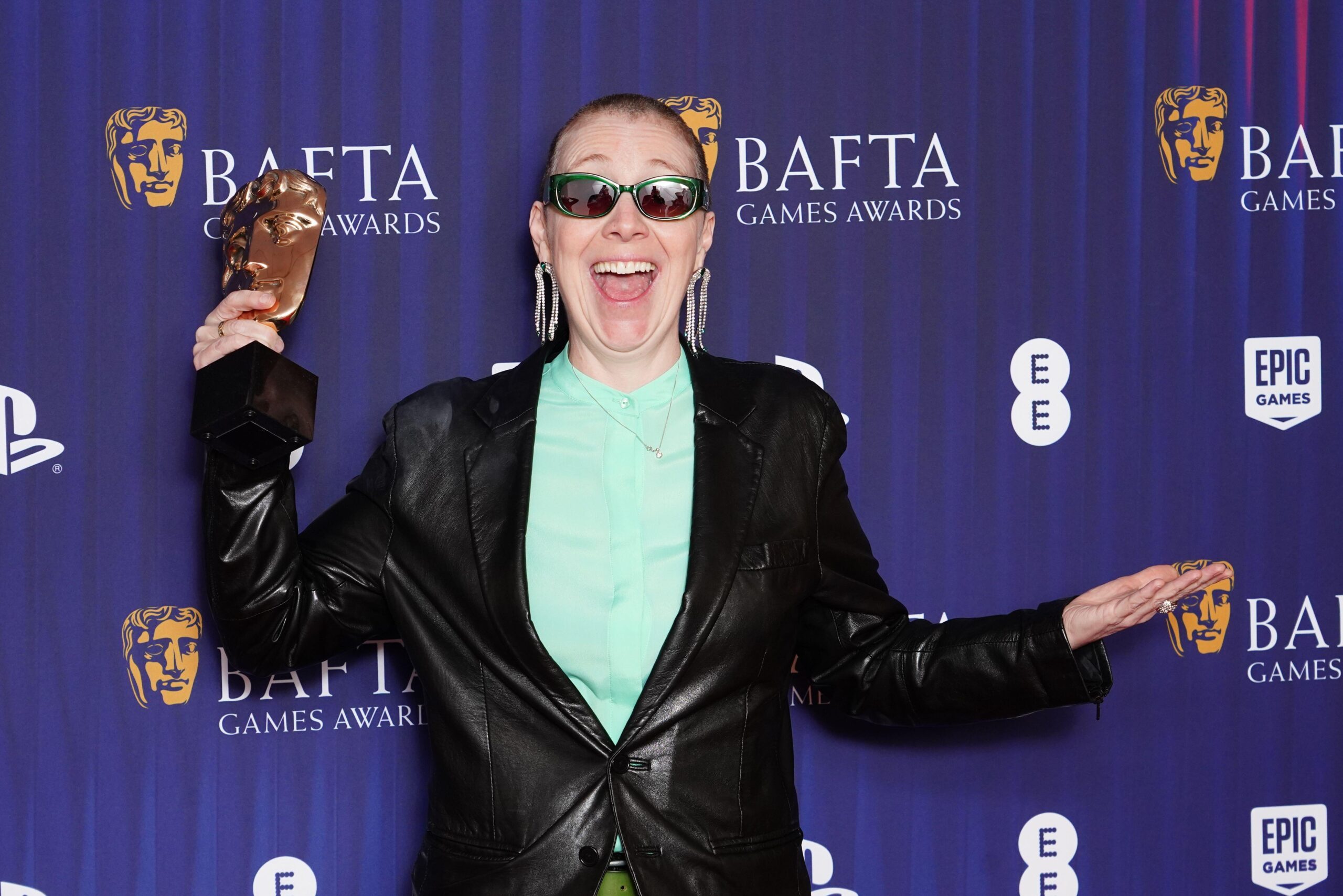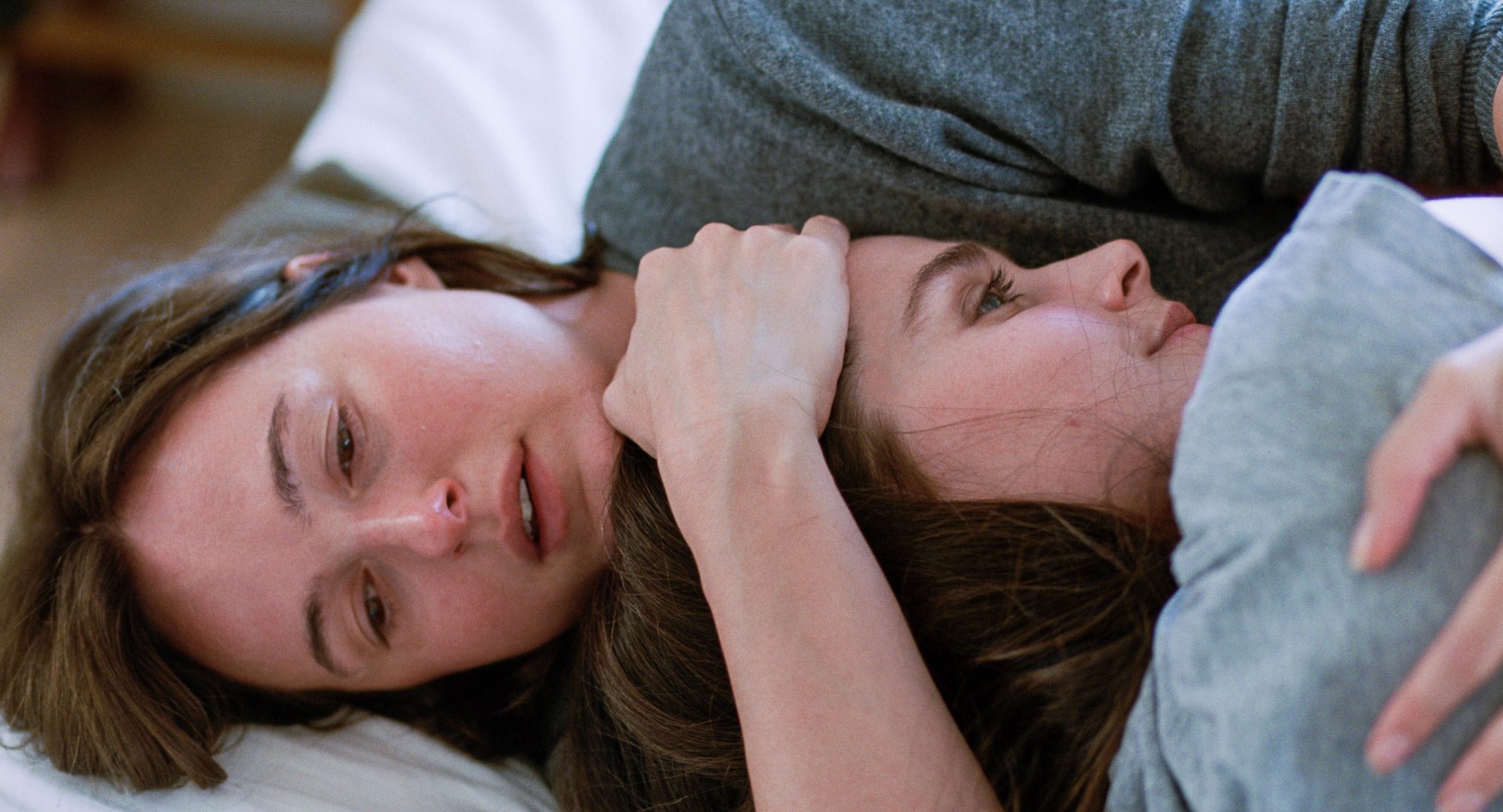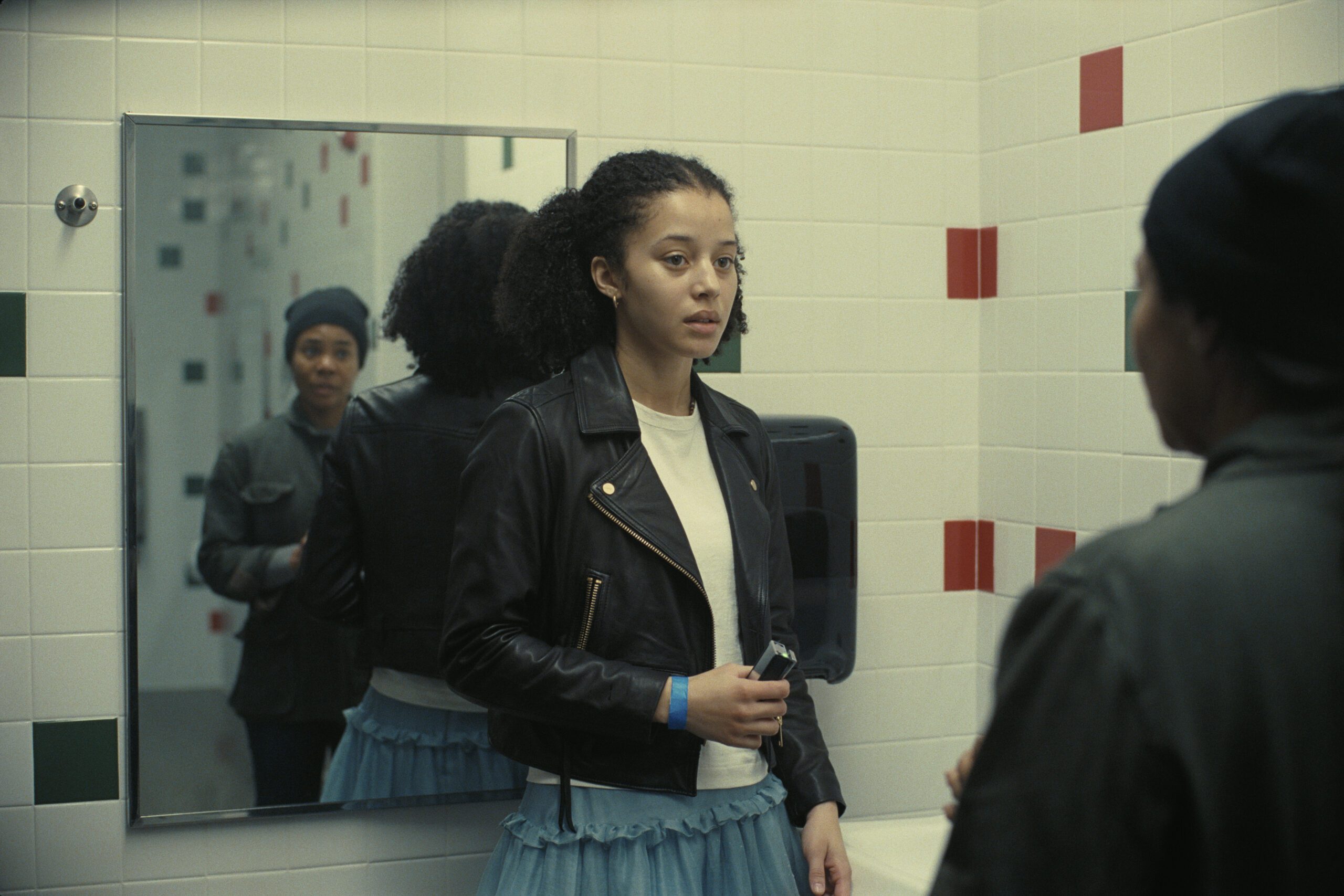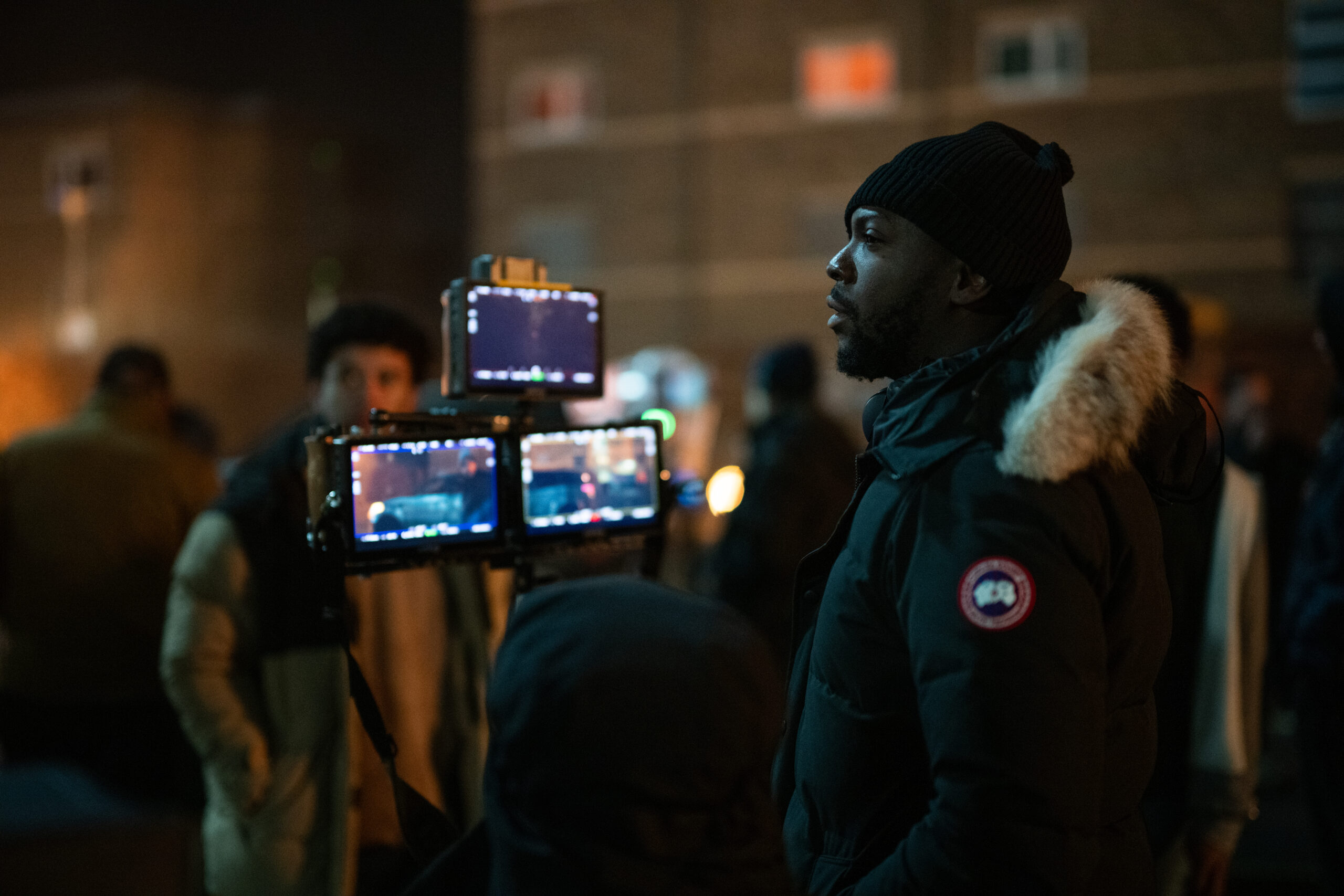We talk to Karen Dunbar about her recent BAFTA win for her video gaming debut and the 30+ year performing career that took her to that moment.
Interview Summary:
Karen Dunbar discusses her career from hosting pub karaoke, working on comedy shows like Chewin’ the Fat, playing three roles in Phyllida Lloyd’s all-female Shakespeare trilogy to her recent BAFTA win for Best Supporting Actor in the video game Still Wakes the Deep. We also talk about ageism and classism in the industry, her approach to auditions and performance, and the importance of creating your own work and finding peace within the process.
Karen Dunbar is a Scottish actress, comedian, and performer who has been working in the industry for over 30 years. With an impressive array of credits, you may very well be familiar with her work spanning radio, stand-up comedy, TV, film, theatre, or even her stint playing host to a billion people at the 2014 Commonwealth Games opening ceremony.
Karen always knew she wanted to be a performer and it was after she attended an open audition at the Comedy Unit in Glasgow that her career really took off. The judges were so impressed with her self-penned performance that they asked her to start writing for Radio Scotland’s sketch show Chewin’ the Fat. In the late 90s, the show transferred to BBC TV and Karen starred as recurring characters throughout its four seasons, becoming a household name in the process.
After decades of performing, in April this year, Karen won a BAFTA for Best Supporting Actor in her gaming debut voicing ‘Finlay’ in Still Wakes the Deep. She described the shock and joy of finally winning an award in her acceptance speech, saying, “I’ve been nominated for many a Scottish BAFTA but never won. And yet here I am in the gaming community!”
She attributes the award to her accumulated experience in performance and how that helped her approach the role of Finlay in the game. We sat down with Karen to find out more.
Hi Karen. Congratulations on your BAFTA win for Best Supporting Actor for Still Wakes the Deep. How does it feel to be a BAFTA winner?
I’ve been nominated about a dozen times over my career for different awards and that is the first time that I’ve won anything. Matt Berry, who I love, had been nominated in the same category as me, so I just thought he’d win. When they said my name, I was clapping and looking around for Matt Berry heading to the stage. Instead, I saw my friend Stuart, who was shouting very loudly, “Yes!” and pumping his fists at me. I was like, “My God, it’s me!”
What does it feel like to win a BAFTA for your gaming debut?
I guess 35 years of accumulated practice put me in the booth to do the voice [of ‘Finlay’]. As much as I knew nothing about the gaming world, I’d done many radio plays and loads of voice overs. It was like doing a radio play.
I’m still a bit confused [to have won]. Not because I don’t think I was necessarily very good in the game. After 35 years in the industry, I’ve got a better measure of when I’ve performed well and when I haven’t, and I thought that wasn’t my best shot there.
There had been a great response to the game, to the characters, to the storytelling, to the ending. I’d heard that people were crying at the end of the game because, spoiler alert, you can play Still Wakes The Deep and you can win it, but you can’t survive it. You’ve got to go down with the ship.
I didn’t realise 95 million people watched a gamer stream his live play of the game.
What does it feel like when you hear that kind of number?
Not to boast, but to put it in context, I did the opening act at the Commonwealth Games in 2014 and a billion people watched that. Those numbers just become noise as opposed to anything that I can actually contextualise, because the number is just too big.
They did a huge countdown and, at zero, I knew that was my cue to look in the camera lens and there’d be a billion people watching live. I was just sitting there while that countdown was on, thinking, “I’m glad the rain stayed off.” That’s all I had in my head. The pressure was so much that – this expression is very Scottish – the arse fell out of it.
All of those things go to make up what you see when I’m on stage winning the BAFTA. I won a BAFTA for the best supporting performance in a game and I know I did well. Is it BAFTA-worthy? What is BAFTA-worthy? I’ll take it for all the stuff I’ve done and for all the things I’ve never won. I will polish it, I will put it on a plinth, I will call it Roberta and I will love that BAFTA.
Can you tell me about your role as ‘Finlay’ in Still Wakes the Deep?
I wasn’t a typecast at all! She was a big butch Aberdonian welder rig worker in 1975. All the other characters in the game may be trained, may be educated, ‘Finlay’ is not that. But what she is is the mother of the rig. She knows every inch of it inside out and has a love-hate relationship with it. The sea and the wildness of the environment, I think, actually mirror her insides.
I don’t know if I was putting too much into it, but I can’t help myself. I’m a bit all-or-nothing, so when I do a character, I go all the way. I worked with Phyllida Lloyd on the all-female Shakespeare trilogy at the Donmar and St. Ann’s Warehouse in Brooklyn. I played several characters and one was ‘Sir Richard Vernon’, who was a sort of soldier-nobleman in Henry IV, and I had five lines in that part as I had other parts in the play. But in doing that part, I went away and wrote two pages of stuff about who I thought Richard Vernon was. Is he married? What’s his relationship? How does he feel in this war? I think he’s got money troubles, so is he doing it to get paid? Why has he got money troubles? ‘Cos he’s a gambler. Look at gambling in the 15th century. I was right into it. So I had all those thoughts about Finlay as well.
How did you prepare for your role?
I have no training in drama. I never came from an academic background. I left school when I was 16. I left school, left home and started working in a youth training scheme in the post office. The training for that was brilliant because it showed me discipline.
This cannot help but sound patronising, but for any young actors or performers asking me for any tips, the first one is to be on time. It matters in terms of relationships and performing is largely about relationships. If I’m turning up on time, I don’t need to worry about being late and the stress that’s involved in that. That’s preparation for a role because it means that there’s no part of my energy taken up with that.
So be on time and know your lines. Even if I don’t know how to perform them, if I know them, I’ll be able to put the performance in. Whereas if I don’t know what the lines are, it doesn’t matter if I know what the emotion of the character is and what the backstory of the character is. If I don’t know what I’m saying, and if I don’t know what my cue is for my fellow actor on stage or on screen, then I’m not going to be able to perform that right because of the stress that’s involved.
How did you work alongside the rest of the cast?
For Still Wakes the Deep, it was remote. I was in a booth in Glasgow with the sound engineer, Kate Saxon the director and Alec [Newman], who I was playing alongside. My character ‘Finlay’ is the second last one in the rig and Alec’s character ‘Caz’ is the last. I could see him and we could chat. There was no meeting for it before, there was no table read, it was just drive in, park outside, up the stairs into the booth.
It was a full day’s work and then another day of pickups.
How did you get a feel for the atmosphere and scope of the game and its narrative?
I could see the footage that I was doing the voice for, but I also worked with a writer who was in the studio along with Kate, the director. The writer was so generous and very open to my suggestions. It was an English guy who had written this brilliant Scottish piece and it was very period 1975. I went on YouTube and watched old 1970s footage in Scotland. Old Billy Connolly stuff, not necessarily looking for comedy – although who else would one go to? – but terminology. Especially that sort of rough working class, which is what I am. It’s not as if I was looking outside my demographic.
What did you bring from your other work to the role?
Subconscious repetition. Having done a lot of radio, TV, adverts and voice work, that neural pathway will be in there somewhere, having repetition practice.
One of the things that helps is knowing where I’m breathing in the script, which can sometimes feel a wee bit unnatural. I almost need to be unnatural to be natural because I need to think about being natural… Which is unnatural. But if I just let it happen, then I’m not going to hit the intonations that I want to. Sometimes it would be in the playing of it that you realise, “I’m going to breathe here,” or, “I’ll take that breath there so I can drive that statement through.”
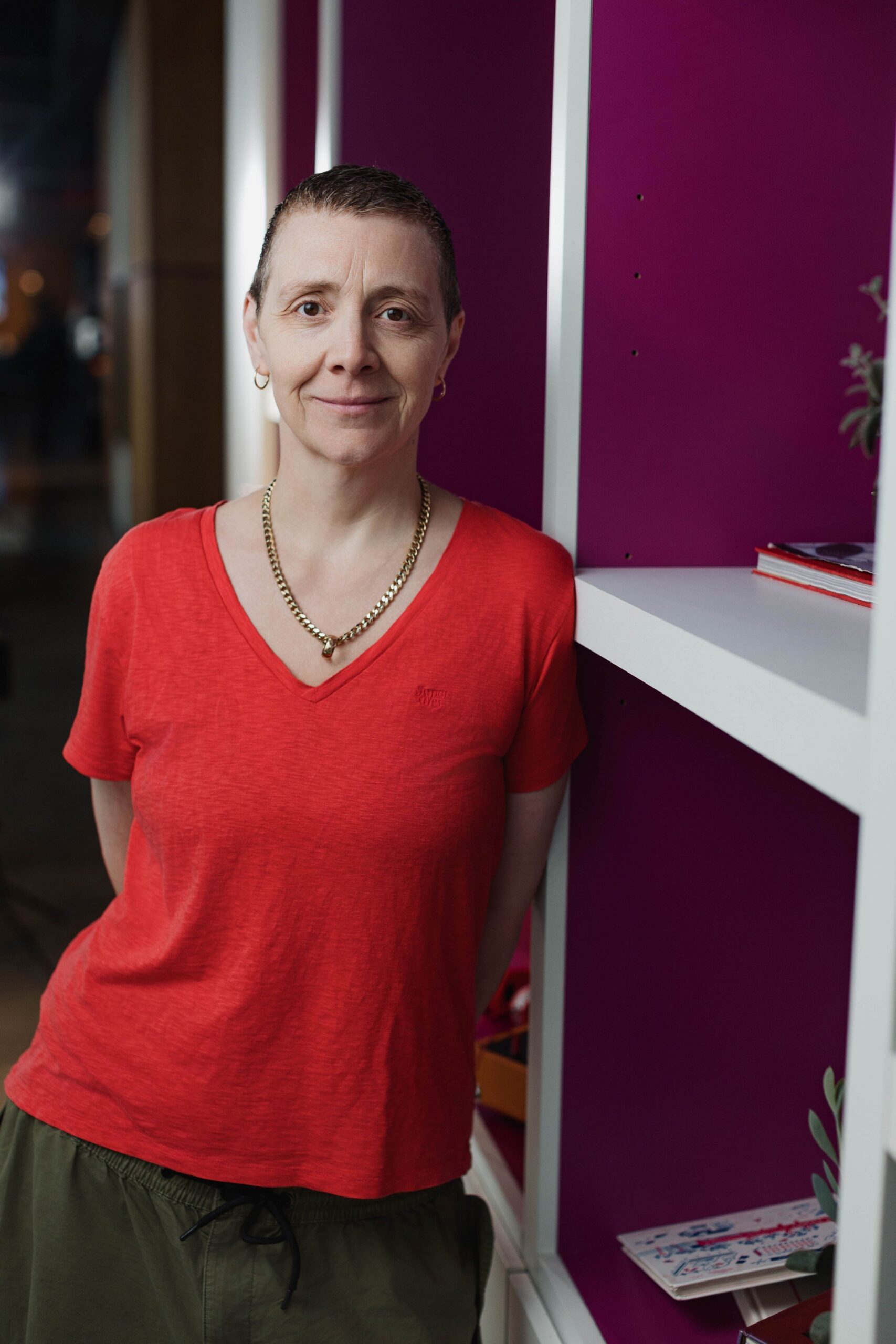
Image credit: Karen Dunbar
What was the audition process like?
My agent got in touch and said they’d like you to audition for this role. I didn’t realise, but the director had said they’d struggled to find somebody for the role and then somebody mentioned me. Kate had heard of me and said, “Let’s reach out to her.”
It wasn’t an offer, it was an audition, and they asked for it in an Aberdonian accent to start with because ‘Finlay’ is a native. My Aberdeen accent isn’t the strongest, so I went away, watched YouTube videos, looked at the script and made a recording of the part they sent me. They said they loved the performance, but that they wanted the accent as authentically Scottish as possible, so they said, “Will you do it again in your own accent?” I slanged it up a bit and made her quite guttural and they were like, “That’s great!”
Do you have a philosophy when it comes to auditioning?
What I try to bring into my mindset for auditions is you don’t know who you’re going to meet in there. You don’t know who you’re going to connect with. If it’s to happen, it will happen. But to also think, I have prepped as best as I can for this, if they don’t want this, it’s a no for me.
I remember I auditioned for ‘Mama Morton’ in Chicago and I sang the arse out of ‘When You’re Good to Mama’, all guns blazing, and ended on that big note, and I thought, “If you don’t want that, I’ve not got any more to give you.” And I never got it.
As much as it was my dream part, there was something resolved in me that was like, “They’re not looking for me then.” It wouldn’t have worked out well for me if they were looking for something else on that because I ain’t got no more than that. I mean, obviously, that could have been honed, but really, that was my apex performance for them there.
As I’m getting older, I’ve made my peace with the business because there were things that I wanted to do and achieve that I haven’t and I may not. As I see myself coming into a different phase, it’s great. Jane Fonda, in her autobiography, talks about your third act. I’m 54, so I’m coming into the third act here. In the book, she says that’s the best act and that’s where the good stuff is. My desires have shifted an awful lot because the desire, the want in me, is peace. I just want peace in my head. That’s a much better life and, actually, I feel I’ve been able to turn in a better quality of work because I don’t have the same attachment.
There’s a great phrase which is: If I ever get to heaven, it won’t be from walking towards it, it will be from backing out of hell. And I’m a real backing out of heller! The idea that specific roles, places, things are going to give me contentment has fallen on its arse. That has come to me through real trial and error and pain and frustration and bitterness and jealousy. There’s nothing pleasant about the internalising of that truth and the process of acceptance, especially in the job. I’ve found it harder to accept things in my work than I have in my personal life.
What are your thoughts on roles available for women going into, or already in, their ‘third act’?
I’m very fortunate because even though I’m in the age bracket for ageism to start and the lack of roles, I have worked against that by creating my own work. I didn’t train as an actor. I kind of fell into acting, although that’s what I wanted to do. I came from a comedy hosting background. I was a singer, I DJed, I ran pub quizzes, I ran my own business. I was in my early 20s when I went into television.
I’m so fortunate that TV has given me the profile so I can make my own work running day discos and doing a 90-date stand-up tour of Scotland. But my god, if all I was depending on was roles in television or theatre for older women, I’d be struggling. It’s so largely reflective of society, and, in some ways, it’s changing fantastically. It’s absolutely vitally needed to change what we’re seeing on our screens in terms of race and gender expression, but I don’t see it happening with age and I don’t see it happening with class. We could talk about all the ‘isms’ and the one that hardly anybody’s talking about is class, because that’s the one that really rattles the cages of people.
The question I want to ask is, “What can be done?” And I think that’s where I feel fortunate as, living in this particular corridor of time, most people have a camera in their hands and we can create our own content and put that online. There’s a way to reach an audience now that we never had before and it’s how to utilise that.
I started on TikTok in November. I know how to perform, but I don’t know what to perform and how to reach people, so I employed somebody. It’s easy for me to say in the position that I’m in that I could pay somebody, but there are ways to research to see how I could reach the most people and what sort of content to put out. I feel that I’ve opened up a whole new world of potential audience and reach and monetisation. It’s not a lot, but there’s a way to make money and to create art. I’d been rolling my eyes at going on TikTok, but ultimately, what do I want to do? I want to make stuff that people like and I want them to be able to see it. So, I’ve got that [phone] in my hand and there’s power in that. It’s about being able to take back control, to take it away from people largely making decisions based on their own bias.
When did you decide that performing was for you?
When I was four years old, singing on a stage in a working man’s club. When neighbours would say, “What do you want to be when you grow up?” I would say, “On telly.” I didn’t know how to say I wanted to be a performer.
How did you get started?
I’d written a pantomime for Christmas for the bar that I worked in. Me and the bar staff were all doing it. I wrote, I directed and I was singing in it. One day, I picked the costumes up and I took them into the bar for later on that night. There was a friend in the bar and I hadn’t seen him for years. He said, “I cannot believe I met you today. I just nipped in here for a pint before I get my train.” And he said, “I was down with my friend who was at the open auditions for the comedy unit.” And I said, “What’s the comedy unit?” And he said, “They’re the people who make Rab C. Nesbitt. They’re doing open auditions.”
I kept thinking, “Should I go to one of these? I’ve never been to an audition in my life.” I phoned them and they said they had one slot left. I had 48 hours and I didn’t know what to do because I’ve never been to an audition and I couldn’t Google it. So I wrote some stuff about myself, but I made it funny and I kidded that I was an old woman. Now I know that’s script writing and acting.
So I went in as an old woman and told them about myself. It was like the Flashdance edition, that bit of the film where it was like performing to Easter Island statues. They gave me a sheet of paper, which I’ve still got, which was called a writer’s brief and they said, “There’s a sketch show called Chewin’ the Fat that we have on Radio Scotland. If you’d like to write anything for it, you can submit it here.” And I thought I’ll never hear from them again, but they phoned me the next day and they said, “Come in and have a chat with us.”
I remember the boss, Colin, who was the director, said, “What are you looking for?” And I said to him, “Global domination.” And as funny as that was, I meant it. And he said, “Alright, let’s start with the radio.” So, they put me in the radio show and then that was commissioned for television. And that was the start of it.
How did your career change after ‘Chewin’ The Fat’?
In some ways, it felt like it was overnight and in other ways, this sounds a wee bit arty-farty airy-fairy, but I was a local celebrity because I’d worked in the gay scene in Glasgow and Edinburgh for five years and so I had a taste of recognition.
The first series of Chewin’ the Fat didn’t really hit. It got a bit of a following, but it was the second series where it just went absolutely through the roof. It’s a very strange thing to be recognised to that level.
It took a good few years for me to get used to being famous, being known, walking outside and thinking, “What is that woman looking at?” And then going, “I’m on TV. That’s what it is.” And to meet people and be courteous in the situation. If I were to stand in a queue, and there’s somebody behind me going, “My God, that’s Karen Dunbar.” And thinking, do I pretend not to hear them, or do I turn around and go, “Hello”?
How to sign autographs and now it’s how to take photos. How to manage that and be polite to people. What to do and what not to do. How long to be engaged with people, which may sound a bit like”Who does she think she is?”, but people want to say hello and get a bit of chat, but maybe I’m at an event that I’m there to enjoy as well. How do I try to meet both our needs in that situation?
So, how did my career change? It really took off and the amount of offers and requests I got was overwhelming. Basically I was doing Chewin’ the Fat for four years and then my own TV show for the next four years.

Karen Dunbar in ‘The All Star Euros Sketch Show’ / Image credit: The Comedy Unit/BBC Scotland
You mentioned being known as a comedy actor. How easy is it to be seen for serious roles?
I know my assets and my liabilities. I’ve got a good idea of them at the age of 54. I’m a good, serious actor. I work at it and I put my all into it. My natural proclivity is comedy, so I’ve got to switch over for serious [roles]. I wanted to get into it more and I think that a lot of that was ego. There’s a level of ego that is absolutely vital in life. But I think it took me further away from the success that I wanted. I wanted success because I wanted peace.
I just wanted everything to be alright and I thought fame and fortune would give me that, but it didn’t. That doesn’t mean that I stop doing my job or being creative, but it’s like, “What am I looking for in this?” Because if it’s for everything to be alright, then what’s wrong with right now?
You appeared in Phyllida Lloyd’s acclaimed all-female Shakespeare plays at the Donmar Warehouse – playing ‘Casca’ in Julius Caesar, ‘Bardolph’/’Vernon’ in Henry IV and ‘Trinculo’ in The Tempest. What was that experience like?
It was really hard work. It’s not as if I’m saying it wasn’t a delight from start to finish. It was hard work. It was all women and there are a lot of pros to that, but there are some cons to that as well. There are a lot of personalities and that doesn’t matter whether it’s all women, mixed, non-binary, whatever. There’ll always be personalities. That’s a human tribal thing.
But, largely, it was I’m going to swear a f*cking joy. It really was. I loved the creative process. Phyllida Lloyd was magic. I would run a piece and I would say to her, “How was that?” and she’d say, “Wonderful, carry on.” Her direction was few and far between, however, when it was there, it was laser-like. A lot of the time it was like do your own thing, and that was great because it really engendered trust.
I was working with Harriet Walter, who – it’s not about blowing sherbet up her scutt – but to be in a production and watch her on a nightly basis? Wow. There was one part where I wasn’t on stage, but it was completely dark and it was one of ‘Prospero’s’ speeches in The Tempest. It was towards the end of the play, so you’re flagging and we all had to make ourselves completely silent and still, so the best thing to do backstage was to just go and find a place and hunker down. I would go into this bit under the stage and just lie and listen to her do that speech. It was literally like listening to magic every night.
I never knew Shakespeare, never studied it. It was like learning a new language. We ploughed right into that play with six weeks of rehearsal.
What’s your secret to having a long and varied career?
It will sound like a trope, but it’s to never give up. And that is so hard.
Friends who support you, and, it sounds a bit airy-fairy, but having some sense of purpose outside of my job. To try and sleep better and eat better, which I don’t do very well. Those are all the things that are needed to never give up. And the belief in myself.
There’s a clothes label called YMC and those letters stood for ‘You Must Create’. I remember looking at that 30 years ago and going, “I feel that.” I must make things. I must perform. I must create. And it’s understanding that’s a really healthy natural desire in me and how to try to best channel that is why I’m not giving up. It’s because I need to do this.
I remember saying to a good friend of mine, Denise Mina, the writer, “What made you become a writer?” And she went, “I was just compelled to put things down on paper.” And I was like, “Wow, that’s the best answer for that.” You know, what made me a performer? I was compelled to tell stories and sing songs.
You’ve got an impressive array of credits. What have been your career highlights so far?
It’s hard to top the Commonwealth Games because of the scale of it, but also the pride I felt singing the songs. I loved it. From the absolute get-go, the buzz was just through the roof.
I remember doing Pride Scotland, just after Chewin’ the Fat was taking off. I was on the gay scene for years and then I wasn’t there. God, I feel the emotion of this when I’m talking about it – they wouldn’t let me off the stage. They just kept cheering. I was overwhelmed. It was like they didn’t want to let me go. That was 25 years ago and I feel that as I’m talking to you now. I’m doing it this year as well in Glasgow, I’m going to DJ.
I’ve also got to mention when we did Henry IV at St. Ann’s and I was looking into the audience – which is very unprofessional – but I had nothing to say for a while and I was still on stage. So, I was looking into the audience and I thought, “I know that woman. How do I know that woman? I’m in New York?” And I thought, I do know her because it’s Meryl Streep! She was in the audience and then came back to meet us. That was a highlight.
And last, but not least, that big gong face Roberta [Karen’s BAFTA award]. Looking at him like that, do you know? See if this is as good as it gets? That’ll do.
Thanks to Karen for taking the time to speak with us.
Take a look at our website for more casting stories and interviews with casting directors and agents.
